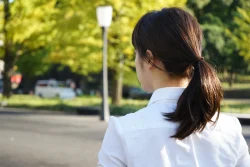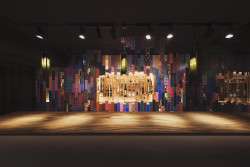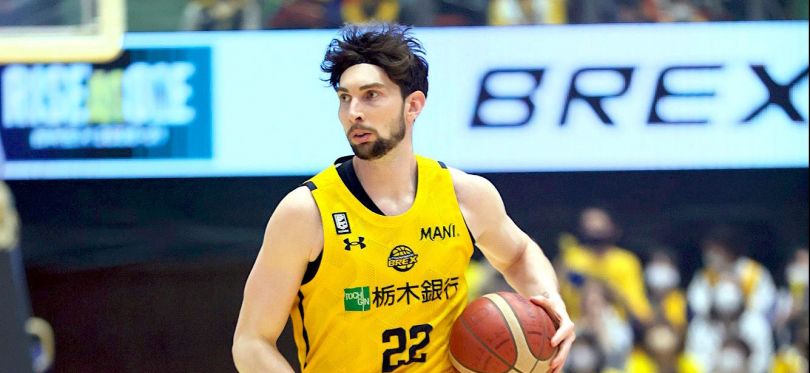
July 6, 2021
Based in Japan: Ryan Rossiter on Playing Pro Sports in Japan
“They don't ask how many points he can score, it's always ‘Is he a good guy?’”
By Mike Smith
*As of Jun 21, 2021, Rossiter now plays for the Tokyo Alvark.
“FIBA bans Japan from international competition — Including Olympics,” read the headlines in 2014, signaling rock bottom for basketball in Japan. Professional basketball has never had it easy in Japan, from the chaotic mess of two professional leagues fighting for supremacy to abysmal levels of popularity. In terms of interest online from 2007 and 2011, Japan ranked 108th in a list of countries Googling the sport — out of 110. So it made perfect sense that top-caliber players coming out of university in places like the U.S. would not even consider playing in Japan. However, that was until the FIBA ban triggered the Japan Basketball Association (JBA) to merge the National Basketball League (NBL) and Basketball Japan League (BJL) together, creating the almighty B.League.
Backed by gigantic sponsors such as the likes of Softbank and Japan Post, basketball in Japan was a phoenix rising from the ashes of disorder. Despite being listed 42nd in the 2021 FIBA Global Ranking, Japan now has one of the highest-paying overseas basketball leagues in the world.
Recently naturalized Japanese power forward for the B.League team Utsunomiya Brex, Ryan Rossiter opens up on his life, the turning of the tides for basketball in Japan and his experiences going from NBL rookie to B.League star, and now an Olympic hopeful.
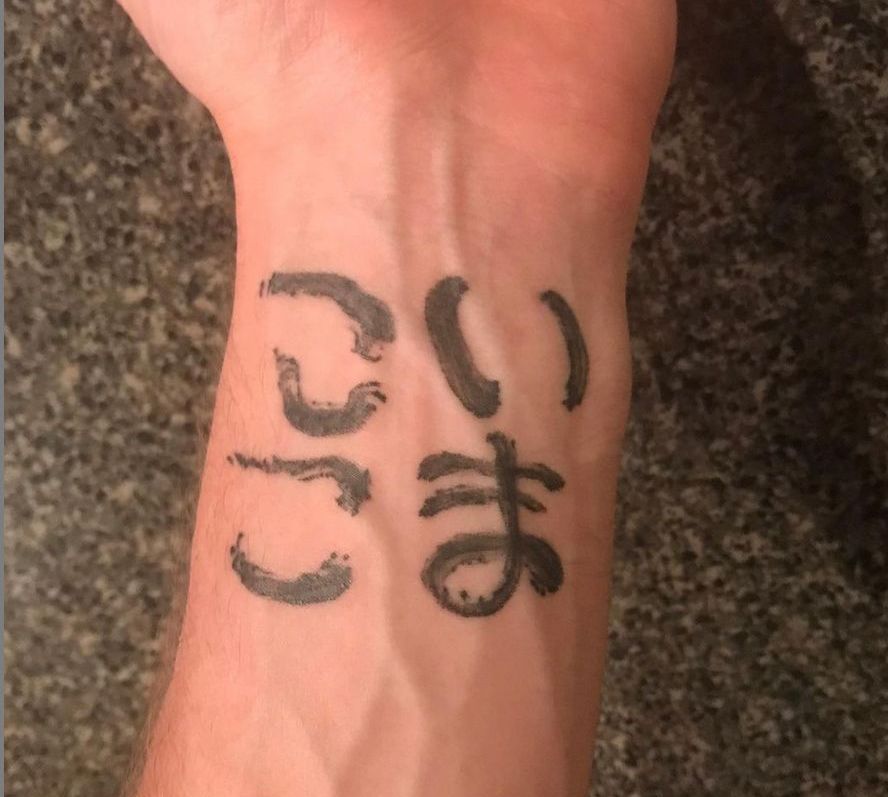
When playing basketball professionally outside the U.S., it usually comes down to Europe or Asia. Why did you decide on Japan?
Ryan Rossiter: If you asked me five years ago, I would say Europe — specifically France, Italy and Spain are some of the top leagues in the world and, at the time, at a significant level above Japan. With the B.League rebranding, Japan really put a lot more money into it and built the league up the right way. Now you see a lot of guys are leaving Spain, Italy and Germany to come to Japan.
It’s become a really popular spot for American guys to come and play. I have a lot of friends playing in Europe who often ask me what Japanese teams they can play for. I think the secret is now out that Japan pays well and on time — which is a big issue in Europe.
In Europe, if you have an injury, the coach will say: “Well, that’s cool, but we have a game Friday so figure it out.” In their mind they don’t pay you to be hurt; they pay you to play. In contrast, Japan does a great job of stressing the importance of taking care of your body and the coaches are more understanding when players get hurt or sick throughout the season. It’s really just the Japanese culture.
In Europe, they don’t pay you to be hurt; they pay you to play
What does it mean to be a naturalized player?
Being a naturalized player gives me more opportunity. This is my 8th season playing in Japan and a couple of years ago [management] approached me to get a Japanese passport, which meant I could possibly play in the Olympics for Japan. Now I’m one of three players going for that naturalized spot. There’s not many in the league, so the spots are really coveted and the teams that have a naturalized player have an advantage because you count as a Japanese player on the court. Normally, you can only play two foreign players at a time, but if you have a naturalized player then you have three.
What would playing in the Olympics mean to you?
I grew up watching the Olympics, so I think it’s always a great event. Playing against the top competition in the world and seeing the Olympic Village and other professional athletes would be so special. I think the whole experience, outside of basketball, would be something really special to witness.
Soon after you came to Japan, FIBA suspended the country from playing internationally in 2014. How did this impact Japan’s basketball scene?
I wasn’t really aware of the situation at all when I first came over here. We had the NBL and the BJL. You hear that and think: Wait, so they’re both professional leagues? Oh, so what are we playing? Which one is better? Then FIBA put down the ban. It was the best thing that happened to Japan basketball. It was the moment that made them think they would miss out on the Olympics, maybe the World Cup. That’s when the two leagues came together for the merger into B.League, and the significant change in basketball happened. Five years ago, there were a lot of rumours and uncertainty that teams would fold and the league would get canceled. However, the JBA did a good job of keeping everyone together and rolling right into the B.League.
How did it impact you?
When it was the NBL, we played some games in front of 600 people. Now, every game has at least 4,000 – 5,000 people and teams are building new arenas that fit 12,000. It feels more professional, and playing in a big arena with more fans and media is more exciting as a player.
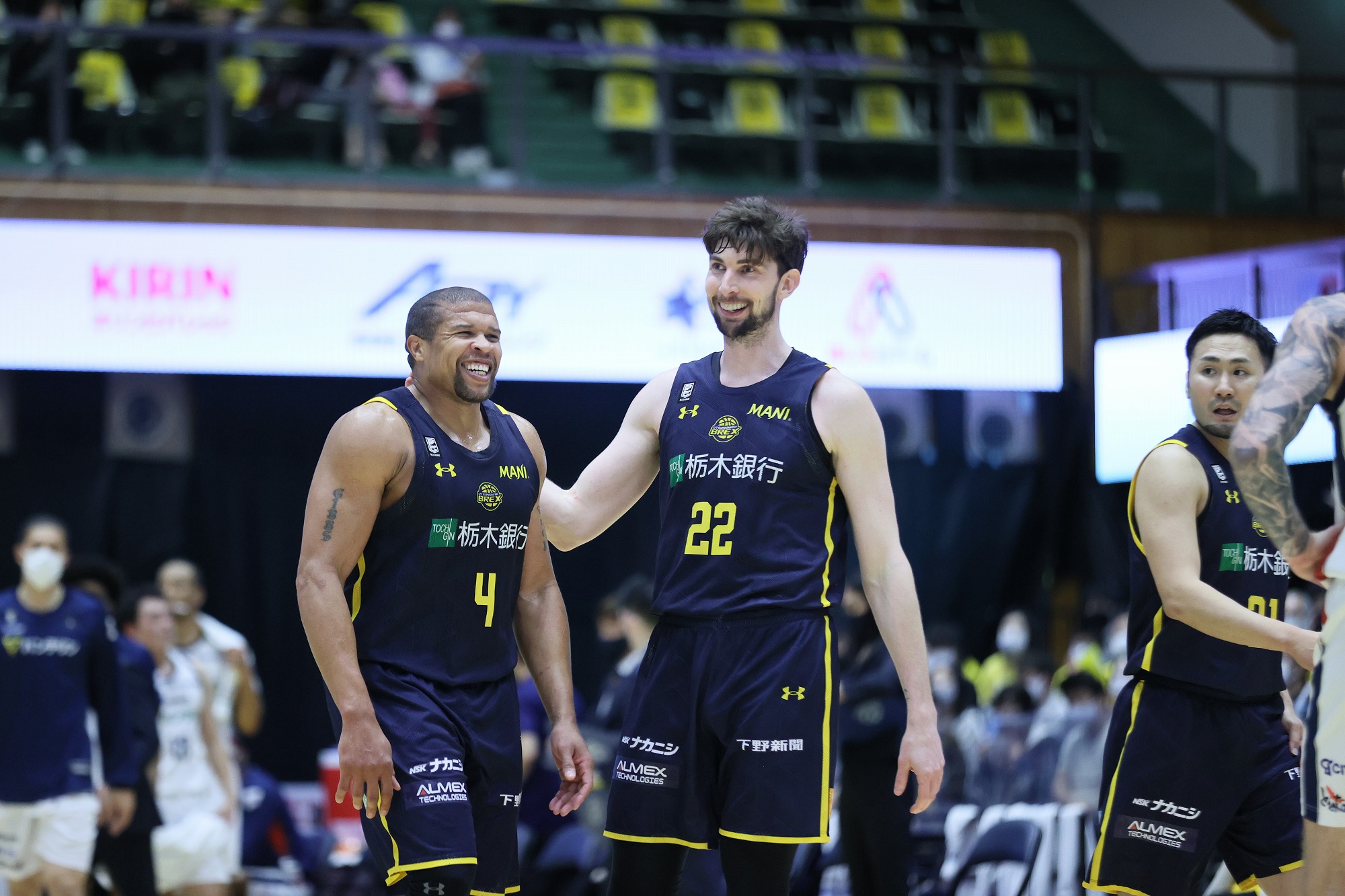
A big appeal of going to professional basketball games is feeling the energy of the fans. What would you say is special about Japanese basketball fans?
Japanese fans always support you. They are sports fans, so they want you to win and have expectations that you play well, but you could be down 20 [points] with a minute left and if your team hits a shot they still cheer like it was a two point game all of a sudden. In America, they just walk out of the arena in the fourth quarter if you’re losing. Here they stay to the end and appreciate you playing hard for them. At the same time we appreciate them staying to support us.
If you’ve been here long enough, you realize that if someone has a hobby in Japan, they tend to go in on it 110%. Have you had any unique fan interactions?
It’s Japan so I have signed all sorts of things; physical people, random banana phone cases and shirts that they are still wearing. I also have had kids run up to me and take their own shoes off and say “Sign this!” But then they don’t want to wear them again. Anytime you can make them happy is a good feeling.
Our fans also travel really well. If we’re at Tokyo Station traveling to a game, they’re often on the same train as us and— if they’re in a seat near us you can see it in their eyes: Oh my God, I’m with the team!
In America, fans just walk out of the area in the fourth quarter if you’re losing. Here, they stay to the end.
Utsunomiya is famous for gyoza and your home state New York has pizza, so who do you think has the best pizza in Japan?
In terms of getting the closest thing to New York, I would have to say Pizza Slice. Savoy is very good for a margherita style pizza, but in terms of just a New York slice I gotta say Pizza Slice.
What do you miss most about back home?
I think it goes back to pizza. Being a New York guy, pizza is my number-one food for anything. Sure, you can get stuff here that tastes pretty close, but it’s not the same. Right now we’re not allowed to leave Utsunomiya. Before COVID-19, we’d usually play Saturday or Sunday, so on Monday we’d go to Tokyo to get something like Frijoles or American food, relax and hang out.
The B.League is still in its infant stages compared to the NBA. How do you envision the future of the basketball in Japan?
As far as team sports, baseball is number one over here and I do think basketball has that kind of trajectory when looking at what Rui Hachimura and Yuta Watanabe are doing for the game, and what Yuta Tabuse has done in the past.
Japan is really starting to see the game more globally and there’s a lot of young guys now looking to play college basketball in the States and playing overseas, like Baba Yudai in Australia. So the brand itself is really building; Japan knows that and is capitalizing on the window of opportunity they have with these players becoming famous in the rest of the world and bringing the talent to Japan.
What have been the biggest challenges so far for you, not only as a professional athlete in another country, but also as just a foreigner here?
There’s a lot of downtime and loneliness when you first get here. The time difference is tough because — especially when you first get over here, you still want to talk to all your friends back home regularly, but there’s really only a few hours in the day that both Japan and the East Coast in America are both awake. After that you kind of embrace the Japanese culture and figure out where you like to go to fill your time.
When I first got here, everyday life was brutal.
How did you get past the language barrier?
It wasn’t that terrible on the court — a lot of the words they use are terms taken from English just in katakana, so much of the verbiage for basketball is very similar. However, the more Japanese you can speak, the better it is for the team.
When I first got here, everyday life was brutal. We have a translator which helps a lot with things like going to the doctor or bank but when I was on my own at the store and trying to ask for something it was rough. When you first come over, hiragana and katakana look nothing like romaji, so you can’t make any correlation with English and that takes a lot of time to learn.
Being a foreigner in Japan can have quite a few inconveniences, I can only imagine that being a 206cm foreigner has a lot more. What have been some of the troubles you came across in day to day life due to your height?
In terms of clothing and shoes, it’s just not happening. I gave up on that real quick. My team can get me basketball shoes, but if there’s anything else, I have to ask my brother to send it from the States. We stay in a lot of hotels for traveling games and it always feels like roulette. You walk into the bathroom thinking, am I going to fit in the shower or not? A lot of the time you can’t, and you’re just hunched over trying to get it done.
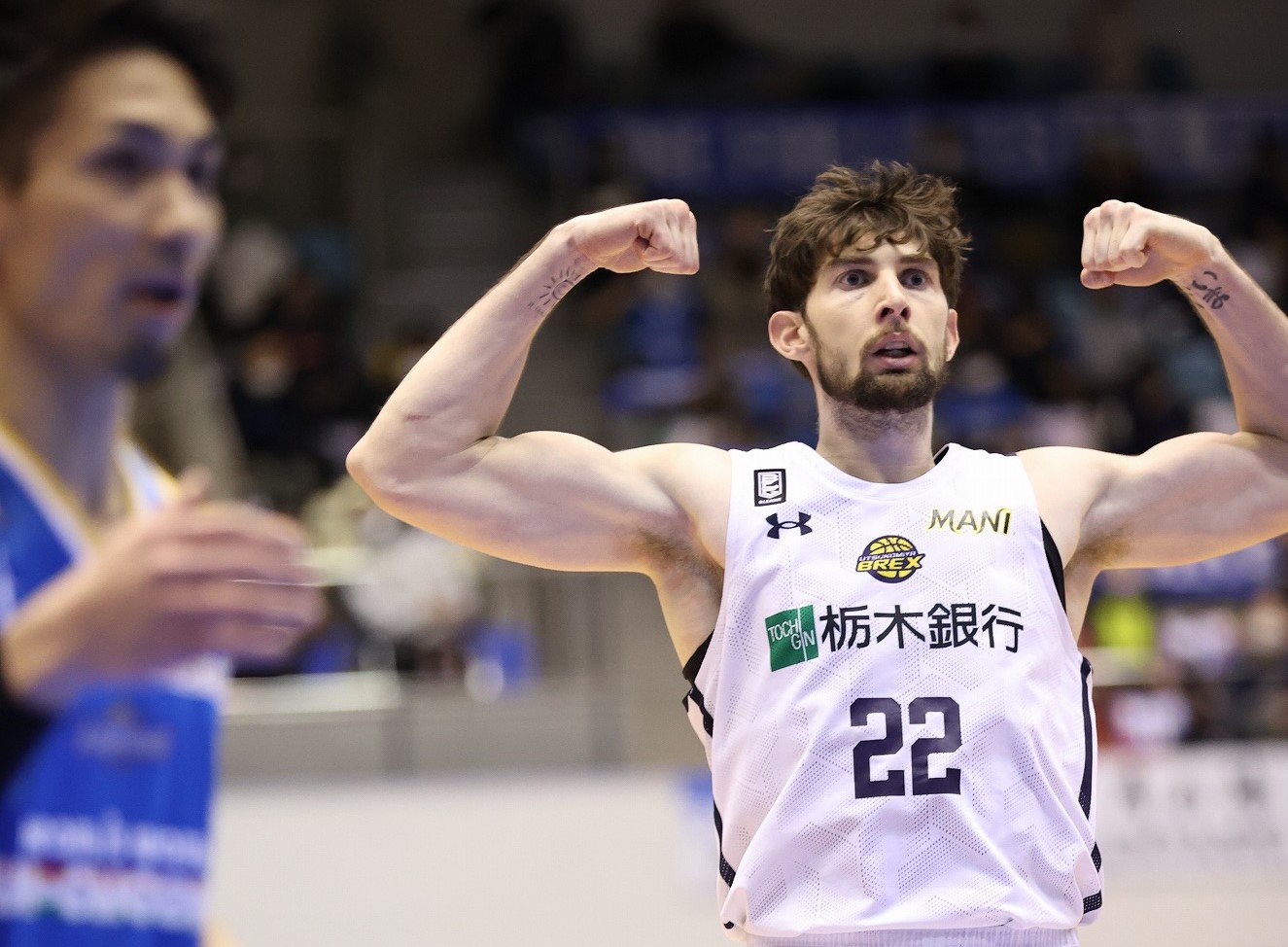
One common thing to talk about is basketball IQ. What exactly does that mean?
It’s knowing when to make a certain type of play. When you’re young it’s just, “All I have to do to score is put the ball in the hoop.” The older you get it becomes, “Maybe if I set a screen on the weak side it’s better for the team, the defense will shift, and this guy will get a shot.” It’s being able to think through the game.
In the scale of basketball, I’m probably pretty low in terms of athleticism and strength — the qualities you would really want — but I can get by on my IQ and understanding of how the game is played. That has always allowed me to play with better players and be on the court.
What’s one of the most important things you need to be a foreign basketball player in Japan?
The first question always asked if there’s a new American player in the league isn’t if he’s a good player, or how many points he can score. They always ask: “Is he a good guy?” That really is what the league and Japan is about. No one wants to play with a guy who can score but no who no one wants to be around in the locker room.
If you can really embrace the culture and get to know Japanese people, you could be here for a long time, make a lot of money and be successful. Sometimes guys get that right away and some players just don’t. Instead they go to Europe and miss out on a really good opportunity.
Follow Ryan Rossiter Instagram and
Read more from our Based in Japan series

Some more reads for Japan lovers:
Small Town Sumo
Japan’s athletic traditions survive beyond the spotlight
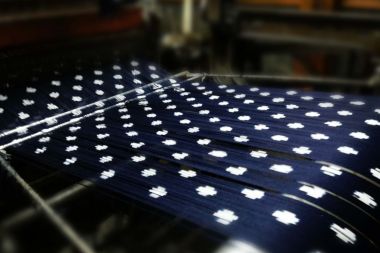
Based in Japan: Kurume Kasumi
Saving and ancient textile treasure

BAHK and SHART: Tokyo’s Gen Z Graffiti Artists
“Today is already too late to change the world, but it’s the earliest moment we have.”




